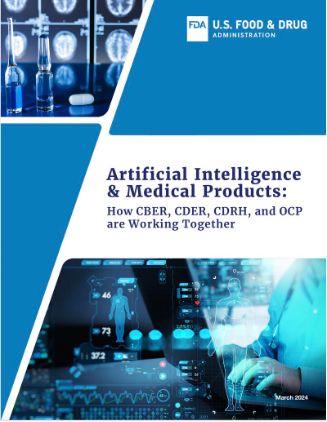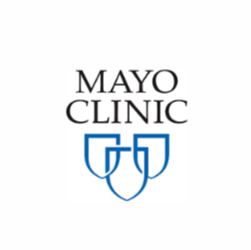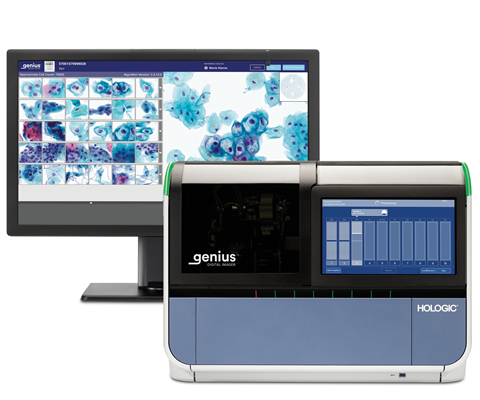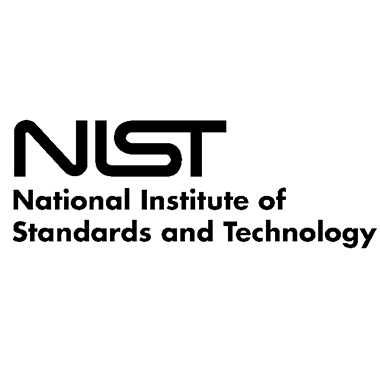

As the proliferation of wearable healthcare devices expands in terms of application and availability, they’re also becoming smaller and more powerful. In turn, testing and validation in the design phase is becoming increasingly complex.

As the proliferation of wearable healthcare devices expands in terms of application and availability, they’re also becoming smaller and more powerful. In turn, testing and validation in the design phase is becoming increasingly complex.

“Artificial Intelligence and Medical Products: How CBER, CDER, CDRH, and OCP are Working Together” outlines how FDA’s medical product centers plan to address regulation of AI used in medical products and their development.

Mayo Clinic News Network/ — In a review published in Cancers, the researchers note that this emerging class of AI offers an innovative way to use massive datasets to help discover the complex causes of diseases such as cancer and improve treatment strategies.

Traditional screening tests suffer from a range of challenges. From logistical barriers to concerns regarding accuracy and reliability, achieving accurate diagnosis is frequently arduous. Imagine a revolutionary approach where early disease screening becomes as simple as collecting a breath sample. Thanks to cutting-edge sensor technology and advanced artificial intelligence, this vision is now on the brink of realization.

In February, Hologic received FDA clearance for its Genius Digital Diagnostics System, which combines advanced imaging with AI-assisted review for cervical cancer screening. We spoke with Mike Quick, who led the development of the technology, and Dr. Hans Ikenberg, director of one of the first labs to work with the system.

Medtech stakeholders can now search for MedAccred accredited suppliers. Accredited companies included in the QML have achieved MedAccred Accreditation after meeting stringent critical process audit requirements set by MedAccred OEM Subscribers, which include Baxter, BD, Boston Scientific, Edwards Lifesciences, Johnson & Johnson, Medtronic, Philips, Roche Diagnostics, and Stryker.

Ashwini Sharan, M.D., Chief Medical Officer of the Neuromodulation Division at Medtronic, discusses the development of the company’s recently CE Marked Inceptiv closed-loop spinal cord stimulator system for chronic pain and how the company plans to further incorporate closed loop technologies in its neuromodulation pipeline.

The National Institute of Standards and Technology (NIST) has updated its Cybersecurity Framework (CSF) guidance document for reducing cybersecurity risk. The new 2.0 edition is designed for all audiences, industry sectors and organization types. This is the framework’s first major update since its creation in 2014.

How to choose the right sterilization method for silicone-based medical devices and a look at novel silicone technologies.

A review paper from the Agency for Healthcare Research and Quality supports the benefits of computerized clinical decision support systems (CDSS) in reducing medication errors and adverse drug events, but also uncovered risks and unintended consequences that must be addressed to improve patient safety and implementation of next generation systems.